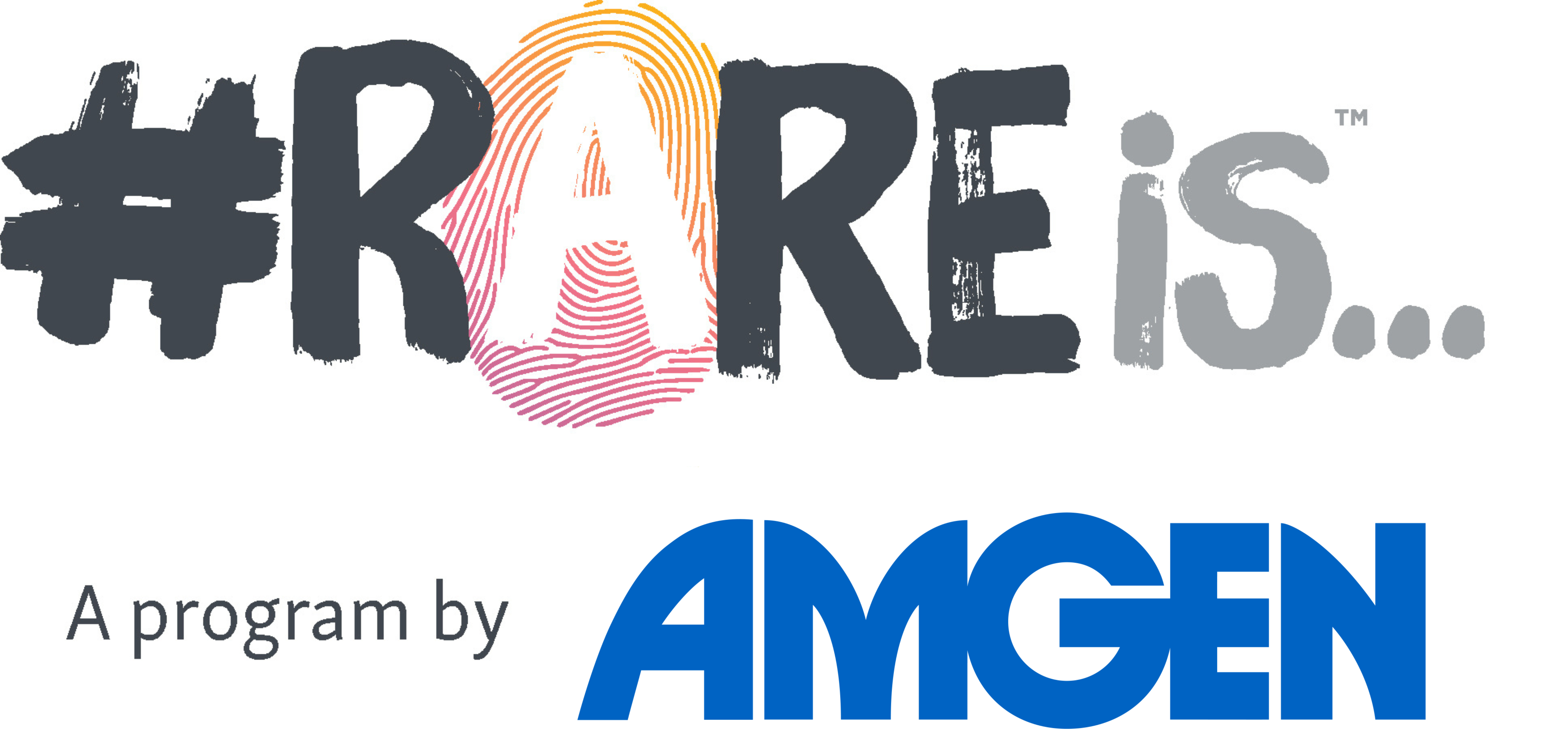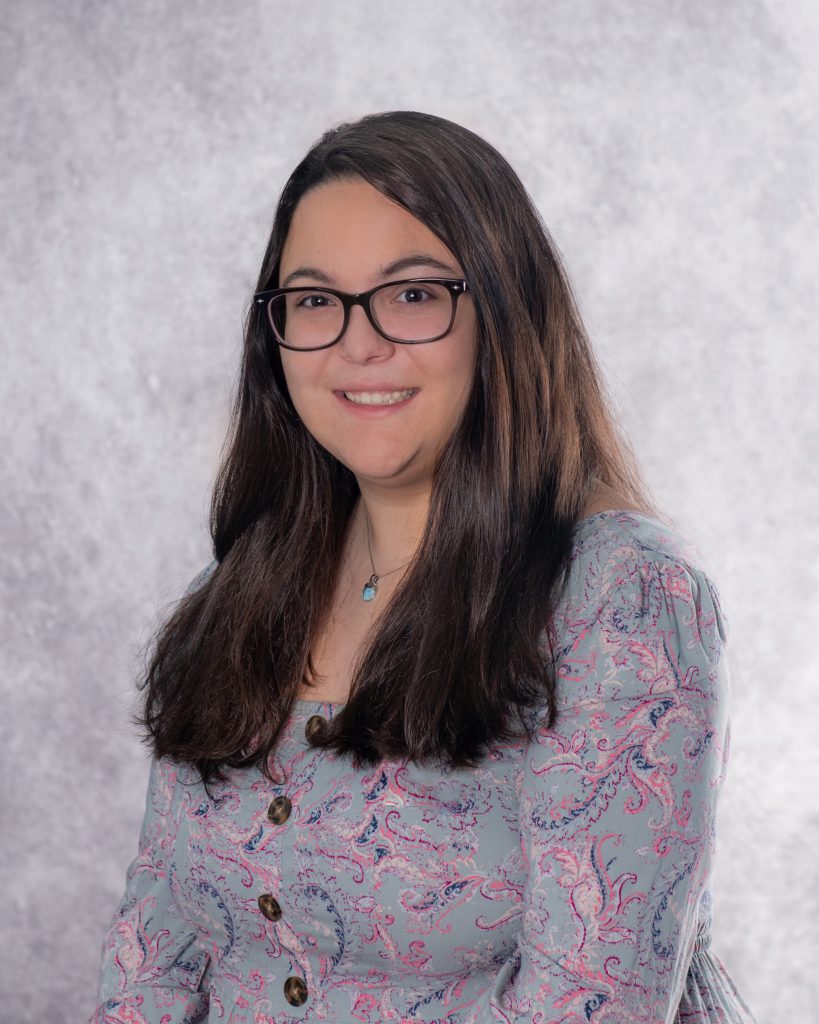Diagnosed with a Rare Disease as a Child
When I was eight years old, I started experiencing some very scary symptoms. My speech would sometimes come out backwards, or even worse, I wasn’t able to talk, my arms would fall asleep and my legs would seem to disappear from under me while I was walking, causing me to collapse; I was essentially experiencing mini strokes. After undergoing scans, MRIs and tests, I found out that I was having frequent transient ischemic attacks (TIAs), and I was diagnosed with Moyamoya disease, a rare condition in which the blood vessels that supply blood to the brain become narrowed and limit the flow of blood to the brain. To help reestablish blood supply to my brain, I underwent a nine-hour brain surgery at Boston Children’s Hospital with two surgeons operating on two different sides of my brain. I believe that surgery saved my life.
When I was in high school, I proudly wrote and self-published a book that helped explain Moyamoya to younger children in a way they could understand, and I was able to donate it to the Children’s Hospital. My goal for writing the book was to give children and their families a sense of hope. There were dozens of little ways that I was different from other children my age when I was being diagnosed and undergoing treatment – I couldn’t play an instrument, blow up a balloon, or ride on rollercoasters and I had to take medicine and go to regular doctor’s appointments, including annual MRIs. I wanted to help other children with Moyamoya realize that there was someone out there who understood what they were going through and how difficult it could be.
What the #RAREis Scholarship Means to Me
Living with a rare disease as a child can be incredibly challenging. I missed school due to symptoms, surgeries, and doctor’s appointments. I fell behind and struggled to catch up and keep up. I needed support and services that I received through a 504 Plan and an Individualized Education Program (IEP), and which helped tremendously in my success. Unfortunately, that success was often temporary because the services were deemed unnecessary when I was succeeding with the support, and only reinstated when I struggled again without it.
It was a frustrating cycle and one I hope to prevent others from experiencing. My dream is to find a way to help identify students who need special accommodations and help them get the services and support they need to succeed throughout their education. I want to help students learn at their own individual pace. To reach my dream, I am currently working toward my bachelor’s degree in Human Relations, which combines psychology and sociology, and I hope to earn my master’s degree in infant/toddler early childhood special education, with the goal of helping ensure no student falls through the cracks.
I am so grateful to have received the #RAREis Scholarship because it helped ease the burden of working while in school, allowing me to dedicate more time to my studies, something that’s particularly helpful for me. I’m proud to have achieved the success I have attained so far, and I am so thankful to have the opportunity to follow my dreams thanks to the support from #RAREis and the EveryLife Foundation.
About Moyamoya Disease
Moyamoya disease is a rare, progressive disorder that affects the blood vessels in the brain – the carotid artery narrows or closes, keeping the brain from receiving adequate blood supply which, in turn, leads to reduced oxygen levels in the brain. As a result of oxygen deprivation, people living with moyamoya disease often experience stroke, loss of neurologic function of body parts or speech (transient ischemic attacks, or TIA), headaches, seizures, involuntary movements, or possible progressive developmental delay. While it may occur at any age, it is most often seen in children between the ages of five and 10 years old, and in adults between 30 and 50 years old. Members of the community recognize May 6 as Moyamoya Disease Awareness Day.
About the #RAREis Scholarship
To support people living with rare diseases while navigating obstacles to education, #RAREis and Horizon have partnered with the EveryLife Foundation for Rare Diseases to establish the #RAREis Scholarship Fund. The program will provide a one-time scholarship grant of $5,000 to pursue educational enrichment opportunities, including accredited courses, trade programs and two-and four-year degrees.
Applicants for the scholarship must be 17 or older and a resident of the United States who have been diagnosed by a physician as having any form of rare disease, regardless of treatment status. Applicants must plan to enroll full-time or part-time in undergraduate or graduate study at an accredited two- or four-year college, university, or vocational-technical/trade school for the Fall 2022 semester. There is no minimum amount of credit hours to be part-time. Students do not need to be pursuing an undergraduate or graduate degree. Applications for Fall semester 2022 are now open through April 22, 2022. For more information, visit www.RAREisScholarship.org.

